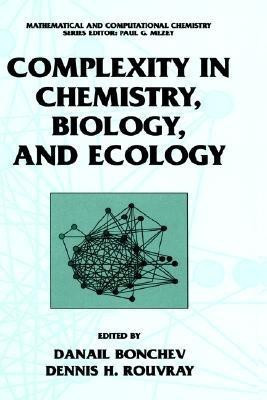Complexity in Chemistry, Biology, and Ecology(English, Hardcover, unknown)
Quick Overview
Product Price Comparison
As we were at pains to point out in the companion volume to this mo- graph, entitled Complexity in Chemistry: Introduction and Fundamentals, complexity is to be encountered just about everywhere. All that is needed forustoseeitisasuitablytrainedeyeanditthenappearsalmostmagically in all manner of guises. Because of its ubiquity, complexity has been and currentlystillisbeingde?nedinanumberofdifferentways. Someofthese de?nitions have led us to major and powerful new insights. Thus, even in the present monograph, the important distinction is drawn between the - terpretations of the concepts of complexity and complication and this is shown to have a signi?cant bearing on how systems are modeled. Having said this, however, we should not fail to mention that the broad consensus that now gained acceptance is that all of the de?nitions of complexity are in the last analysis to be understood in essentially intuitive terms. Such de?nitions will therefore always have a certain degree of fuzziness as- ciated with them. But this latter desideratum should in no way be viewed as diminishing the great usefulness of the concept in any of the many scienti?c disciplines to which it can be applied. In the chapters that are included in this monograph the fact that differing concepts of complexity can be utilized in a variety of disciplines is made explicit. The speci?c d- ciplines that we embrace herein are chemistry, biochemistry, biology, and ecology. Chapter 1, "On the Complexity of Fullerenes and Nanotubes," is wr- ten by an international team of scientists led by Milan Randic.


